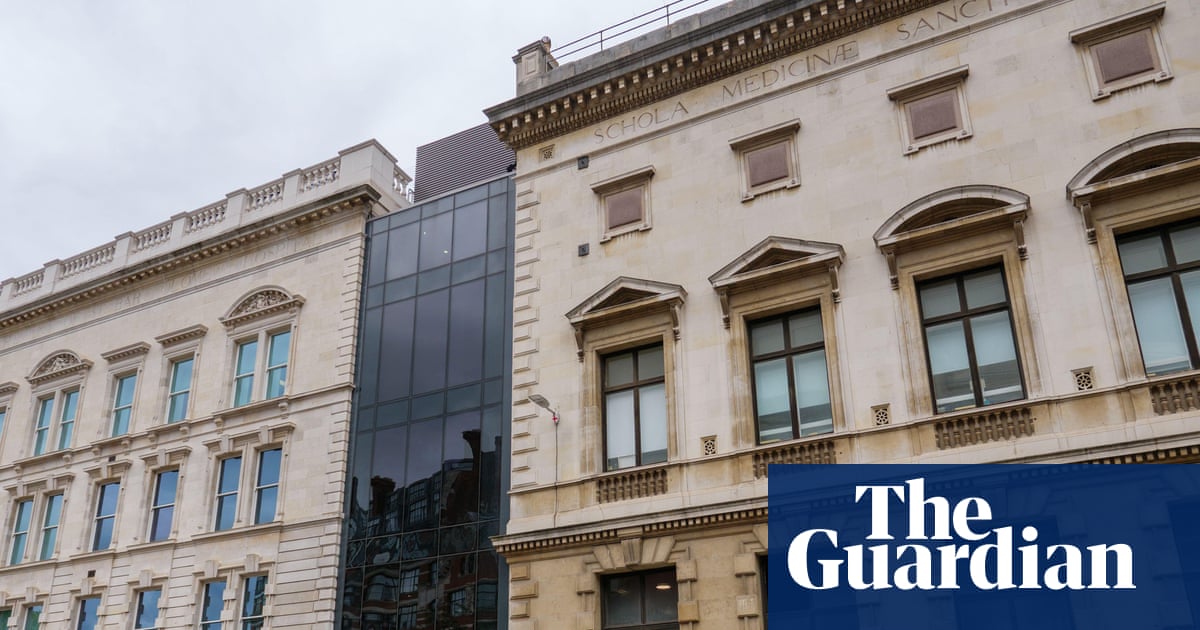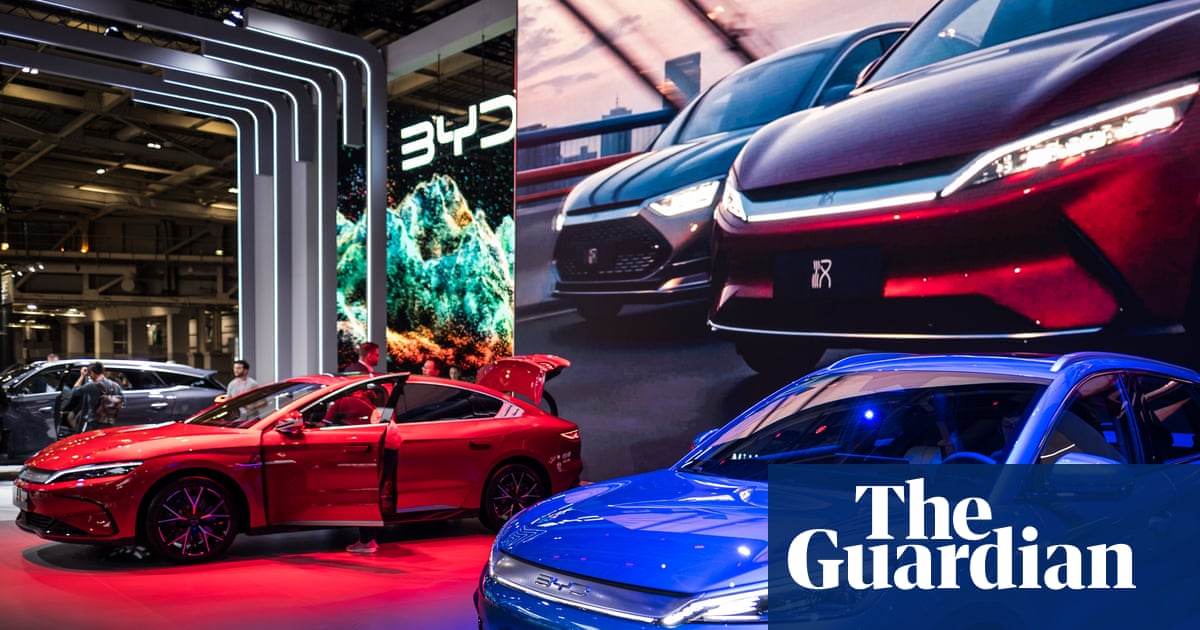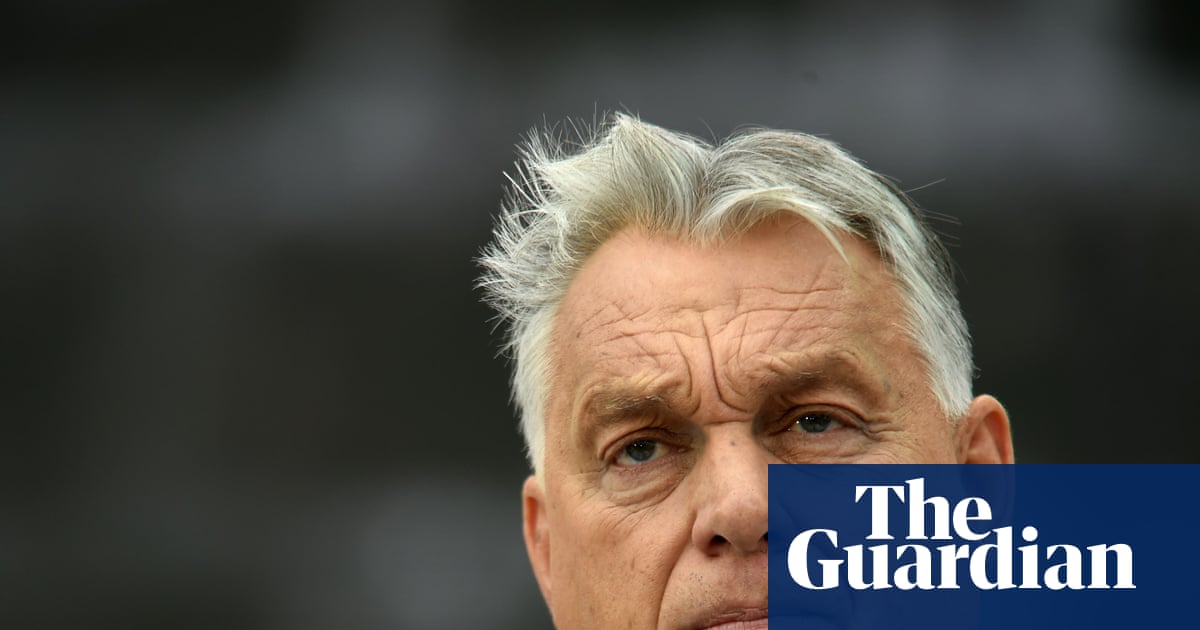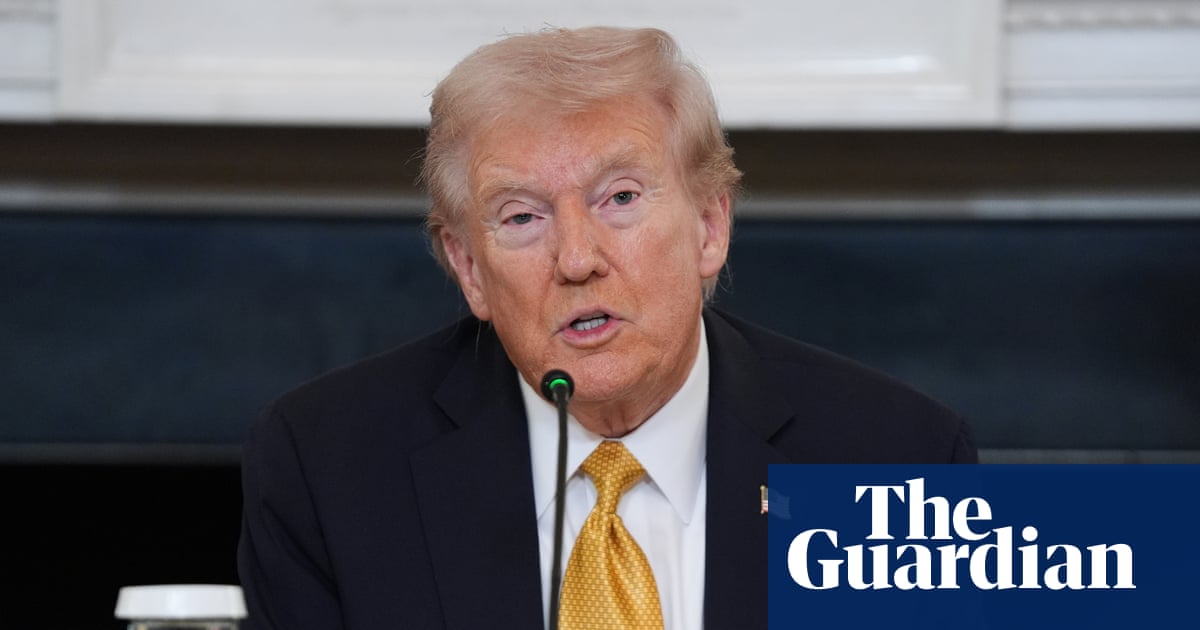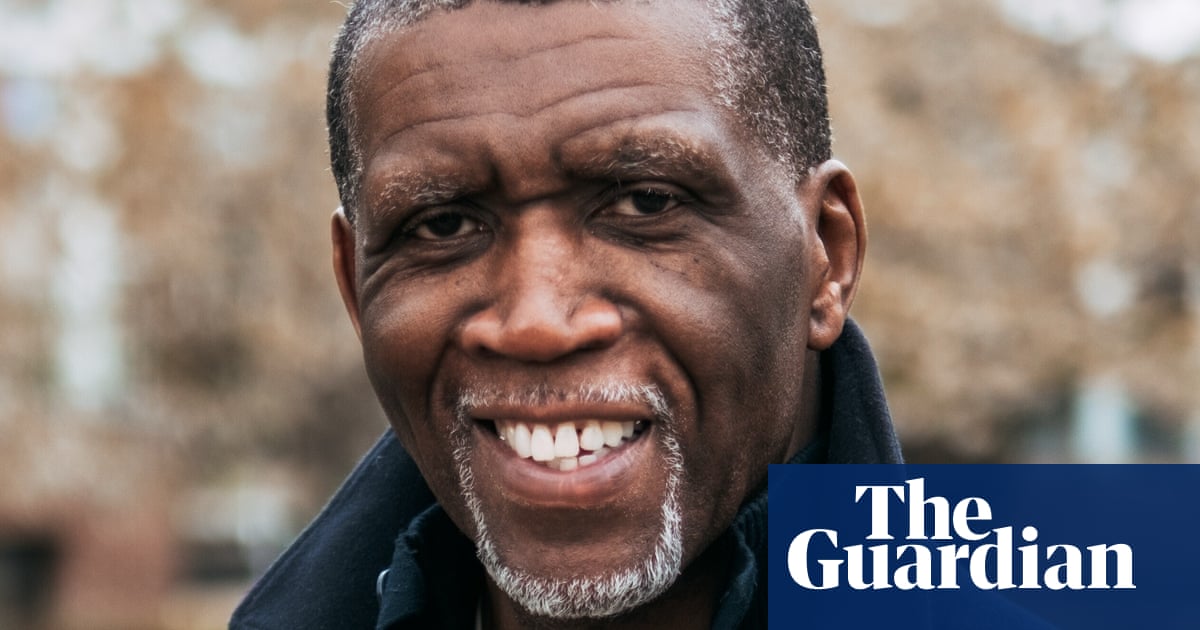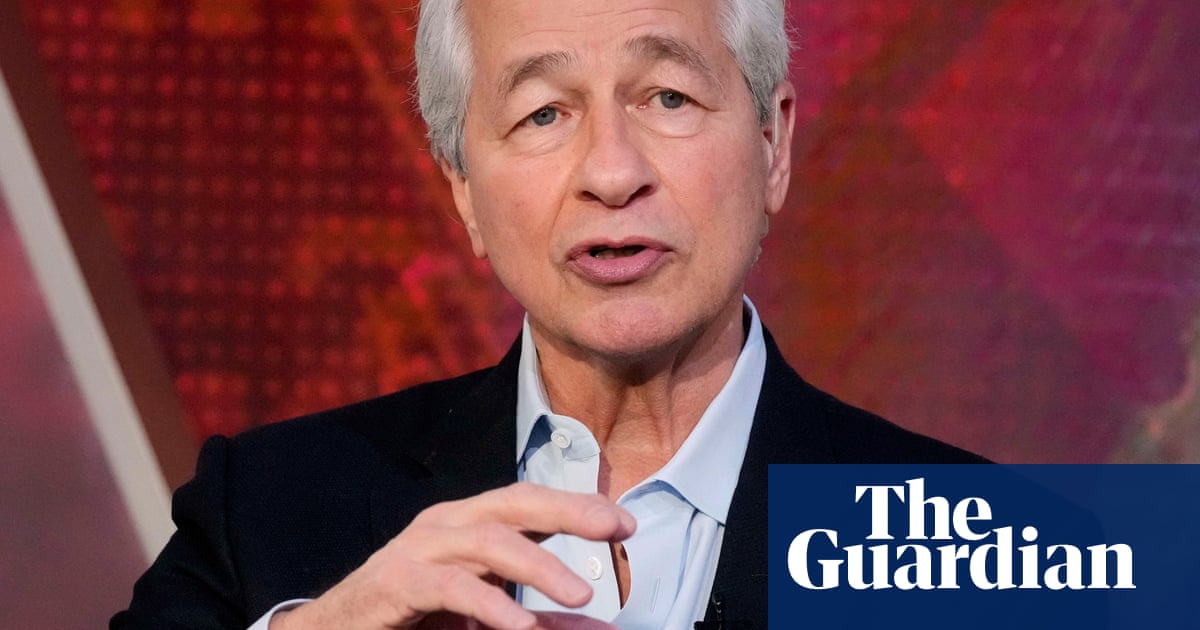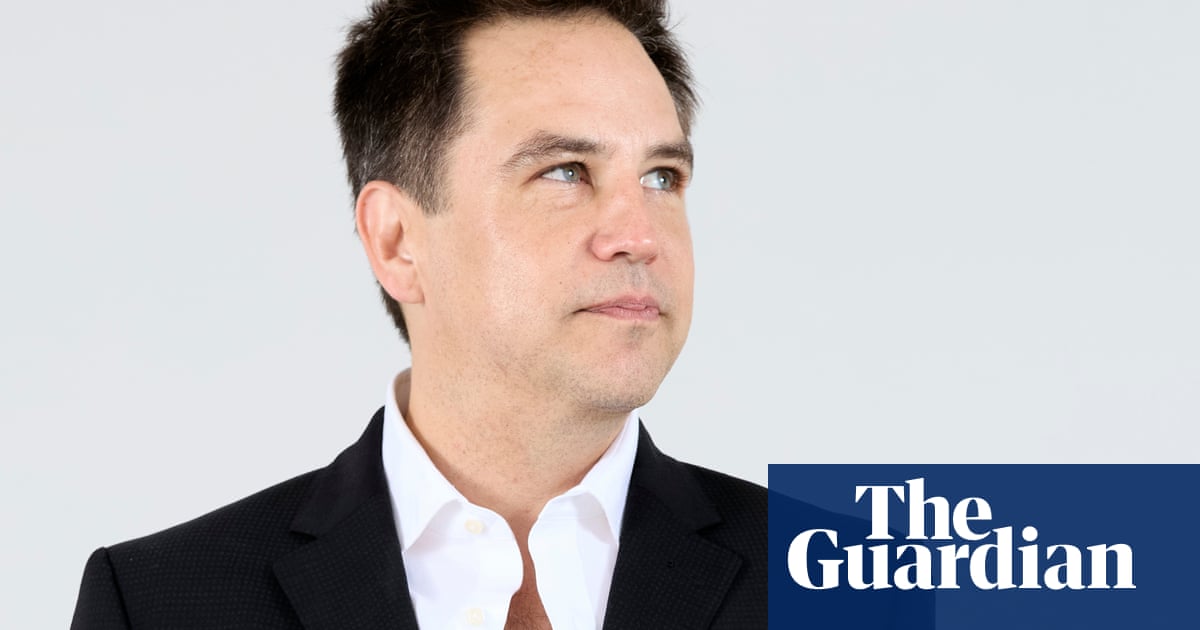Diageo, which owns the Guinness and Johnnie Walker brands, is to replace its embattled chief executive, ending her rocky tenure in charge of the British alcoholic drinks firm.
In a statement to the stock market, Diageo said it had begun the hunt for a successor to Debra Crew, who the company said had stepped down “by mutual agreement”.
Her departure follows a lengthy period of investor disquiet about the company’s lacklustre performance under the former captain in US military intelligence.
The London-based company’s chief financial officer, Nik Jhangiani, will lead the business on an interim basis and has been tipped as a frontrunner for the permanent job.
The group, whose vast portfolio of labels also includes Tanquery gin and Smirnoff vodka, said it was looking at internal and external candidates.
Diageo’s share price climbed by more than 3% to nearly £20 on news that Crew would be replaced, first reported by the Financial Times, before losing most of its gains.
Crew joined the £43bn British company in 2019 and took command in 2023 after the sudden illness and death of Ivan Menezes – a popular figure who had led Diageo successfully for 10 years.
While she had been groomed as the natural heir to Menezes, Crew’s tenure coincided with a shock profits warning, adverse global consumer trends and abandoned sales targets, all of which stoked investor dissatisfaction.
The profits warning came in November 2023, less than six months into Crew’s reign, the result of a slump in sales in Latin America and the Caribbean.
This came as a shock to investors after a huge post-pandemic rebound in sales. The slump also appeared to have surprised Diageo’s management.
Diageo had continued to pile supply into Latin America, even as drinkers reined in spending, leaving the region massively overstocked.
In the run-up to last Christmas, Diageo appeared to have misjudged its supply chain again, with UK pubs complaining that their flow of Guinness had been rationed just as festive demand increased.
In February, the group scrapped its longstanding target of shooting for “medium-term” organic sales growth of 5% to 7%, blaming factors including a potential $200m (£149m) impact from Donald Trump’s tariffs. Instead, it opted for less ambitious plans to find $500m of cost savings and achieve $3bn of free cashflow every year from 2026.
Mounting pressure on Crew led at one point to fevered speculation that Diageo could try to sell Guinness for £8bn, or off-load its 34% stake in champagne and cognac brand Moët Hennessy, although the company denied this.
after newsletter promotion
Diageo’s share price has also come under pressure as a result of Trump’s tariffs policy.
In May, the company revised down the potential impact of tariffs to $150m and said it could mitigate about half of that sum. Many of Trump’s threats to impose levies in goods imported from other countries have since been delayed or watered down.
However, investor sentiment towards Diageo did not improve dramatically. Its share price has fallen to below £20, less than half the £40 in early 2022, disappointing the market, which had anticipated an extended global post-pandemic booze-fuelled rebound.
The drinks company’s chair, John Manzoni, said: “On behalf of Diageo and the board, I would like to thank Debra for her contributions to Diageo, including steering the company through the challenging aftermath of the global pandemic and the ensuing geopolitical and macroeconomic volatility.
“On behalf of all Diageo colleagues, I wish her every success in the future. The board’s focus is on securing the best candidate to lead Diageo and take the company forward. We strongly believe Diageo is well placed to deliver long-term, sustainable value creation.”
Analysts at the investment bank Jefferies said they did not expect Diageo’s next boss to adopt a “kitchen sink” approach by making wholesale strategic changes.
However, they said they did “not rule out a stronger mandate for quicker, faster, and deeper change under new management”.

.png) 3 months ago
46
3 months ago
46


